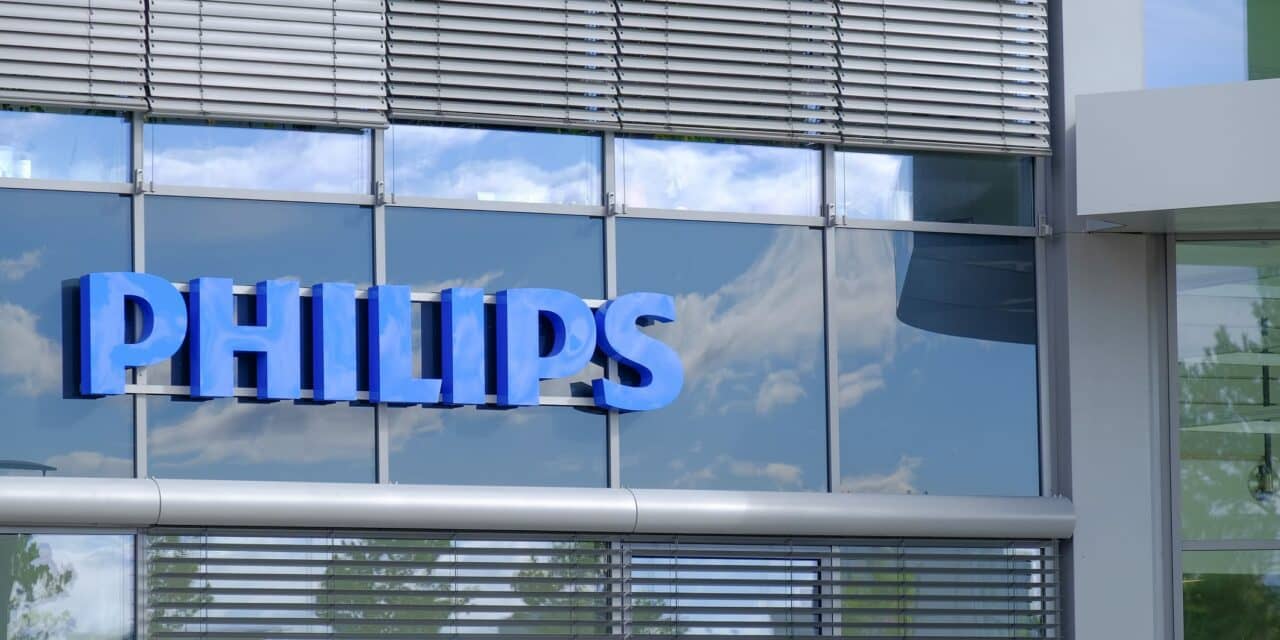The US Food and Drug Administration (FDA) updated its Philips Respironics recall safety communication this month to provide updated information about medical device reports (MDRs) that the agency received from November 1, 2022, to December 31, 2022.
Manufacturers, such as Philips, are required to submit medical device reports when they become aware of an event that reasonably suggests that one of their devices may have caused or contributed to a death or serious injury, or has malfunctioned and that device or a similar device marketed by the manufacturer would be likely to cause or contribute to a death or serious injury if the malfunction were to recur. Health professionals, consumers, and patients may voluntarily submit reports of device adverse events and malfunctions to the FDA. These new reports are reportedly associated with the breakdown or suspected breakdown of the polyester-based polyurethane foam used in the Philips Respironics ventilators, BiPAP machines, and CPAP machines included in the recall announced in June 2021.
Although medical device reports are a valuable source of information, this passive surveillance system has limitations. The incidence, prevalence, or cause of an event cannot typically be determined from this reporting system alone due to under-reporting of events, inaccuracies in reports, lack of verification that the device caused the reported event, and lack of information about details such as frequency of device use. Because of these limitations, MDRs comprise only one of the FDA’s several important postmarket surveillance data sources.
The latest data update from Nov 1 to Dec 31 adds 82 more reports of deaths to the medical device reports. Since April 2021, the FDA has received more than 98,000 MDRs related to the Philips recall, including 346 reports of death, reportedly associated with the foam breakdown or suspected foam breakdown.
According to a press release issued by Philips, the vast majority (93%) of the medical device reports filed since April 2021 up to and including December 2022 are alleged technical malfunctions that do not involve serious injury. Based on the investigations to date, Philips Respironics has found no conclusive data linking these devices and the deaths reported in certain of these MDRs.
To date, more than 90% of the production required for the delivery of replacement devices to patients has been completed. In December 2022, Philips provided an update on the completed set of test results for first-generation DreamStation sleep therapy devices.



